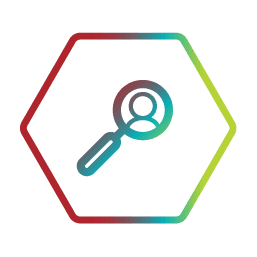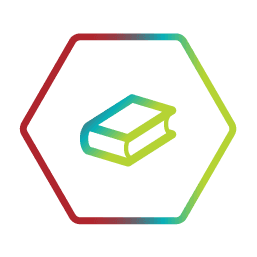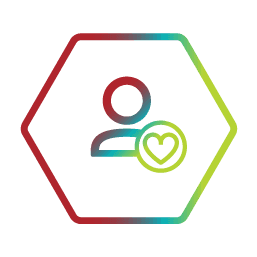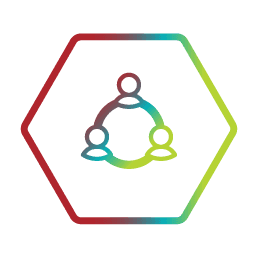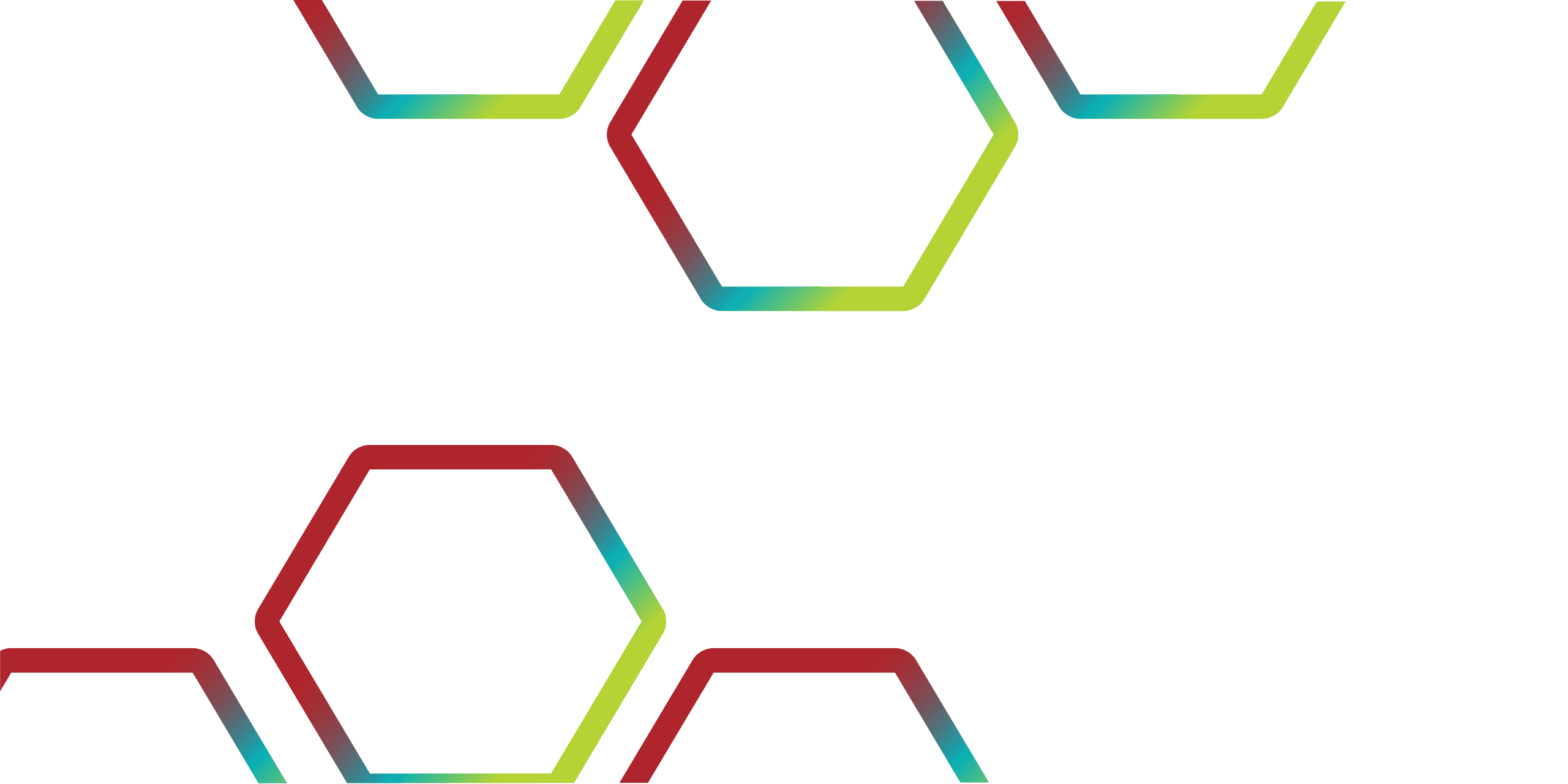
2024 CAUDIT Awards Submissions
Emerging Leader
In establishing Deakin’s GIFT City campus, Greg navigated the complexities of procuring hardware in another country, compounded by the unique challenges of operating in a Special Economic Zone (SEZ). His leadership involved
supporting his team in their respective areas and removing roadblocks to ensure effective delivery. This required close collaboration with international vendors and integrators like NTT DATA and Dell to meet stringent
standards. Additionally, Greg worked with Indian authorities on customs imports, ensuring compliance with SEZ regulations and GST exemptions. He facilitated clear communication channels to support his team, held regular
progress meetings, and provided timely solutions to emerging challenges. He coordinated efforts across diverse functions, such as Cybersecurity, Networks, End-User computing and AV systems, ensuring everyone had the
resources and guidance to excel. By addressing logistical hurdles and fostering a collaborative environment, Greg empowered his team to focus on their expertise and deliver high-quality results. His proactive leadership and problem-solving ensured the successful setup of our campus infrastructure within the tight 12-month window, reflecting Deakin’s standards and values.

The Digital Workspace Project at the University of Tasmania, led by Nathan Tenaglia, has been a collaborative effort grounded in human-centered design and a comprehensive change framework. Nathan's vision of ‘making life simpler’ guided the project's journey, engaging closely with each college, division, and portfolio/school to understand local issues and devise tailored solutions. Nathan assembled a dedicated team to support the significant data migration and upskilling required. This team has built robust relationships across the entire university, mapped out transition plans, and ensured smooth integration of the Digital Workspace into daily operations, aligning with their commitments. The project's adaptable framework allows each team to implement the Digital Workspace in a way that suits their specific workflows and processes, showcasing Nathan's commitment to flexibility and inclusivity. Nathan's reputation as the go-to person for IT-related queries, coupled with his practical, solution-oriented approach, has been instrumental in fostering collaboration and achieving project goals.

In his role as a project manager, Brendan Wright has consistently championed collaboration and support among colleagues. A standout example is the cross-functional PAM (Privileged Access Management) initiative he led to enhance customer service operations. By organizing regular interdisciplinary meetings and promoting transparent communication, he ensured that insights from customer service representatives, IT staff, and marketing specialists were integrated into the strategy. This approach not only created a supportive and cohesive working environment but also resulted in a more robust and effective solution, demonstrating the power of teamwork in achieving outstanding results.
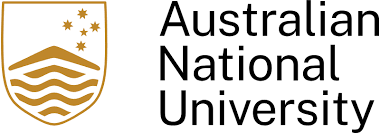
As Director of Enterprise Client Services, Jessica has demonstrated exceptional leadership and unwavering support for her team and CQUniversity. Her strategic vision and empathetic approach have significantly contributed to successful delivery of strategic university goals and supporting colleagues to work in a cohesive and inclusive environment. Prioritising open communication, Jessica fosters an environment where every team member feels valued and heard. She demonstrated this by successfully leading multiple staff feedback sessions in late 2023, aimed at continuously improving the culture of Digital Services and enhancing strategies to retain, develop, and support our Directorate. In 2023, Jessica also successfully championed numerous initiatives and projects across the university, notably the Service Excellence SPOT Culture Program, and the Service Desk system replacement project. Her pivotal leadership role ensured that the Service Excellence SPOT Culture Program became a cornerstone of CQUniversity’s new five-year Strategic Plan, and the Service Desk system replacement project was successfully delivered to scope, on budget and on time. Additionally, Jessica’s leadership extends beyond our department as she actively participates in mentorship programs (within CQU and inter-institution) and cross-functional committees such as CQUniversity’s Growth and Service Experience Steering Group, sharing best practices, and driving university-wide improvements. Jessica exemplifies the qualities of a true leader, consistently supporting and empowering her own team as well as other colleagues to achieve both personal success and the broader goals of CQUniversity.
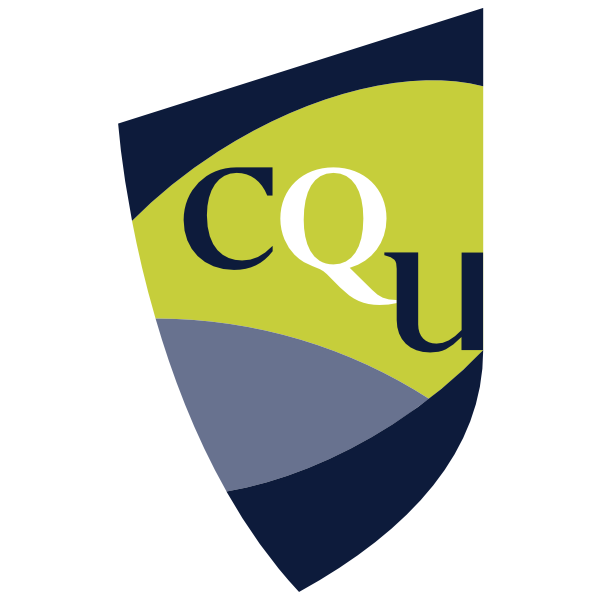
Hine is an emerging influential and trusted leader as she gains greater confidence and comfortableness in her leadership role. Hine influences those around her to achieve positive outcomes for the students' experience, through the support, deliverability and availability of corporate IT systems used directly by students, or indirectly by staff supporting students. Hine consistently demonstrates leadership behaviours to her direct team and peers. Below are some examples: • She is positive, approachable, supportive, and encouraging of her team. Members of her team 'feel trusted, empowered and safe in achieving my best in her team' • In making decisions, Hine includes and consults others, while seeking to remove complexity while concentrating on achieving practical outcomes in accordance with business requirements whilst still maintaining a high focus on the people, on the team(s). • People around Hine demonstrate an easy willingness to work together to get the job done with minimal complications.
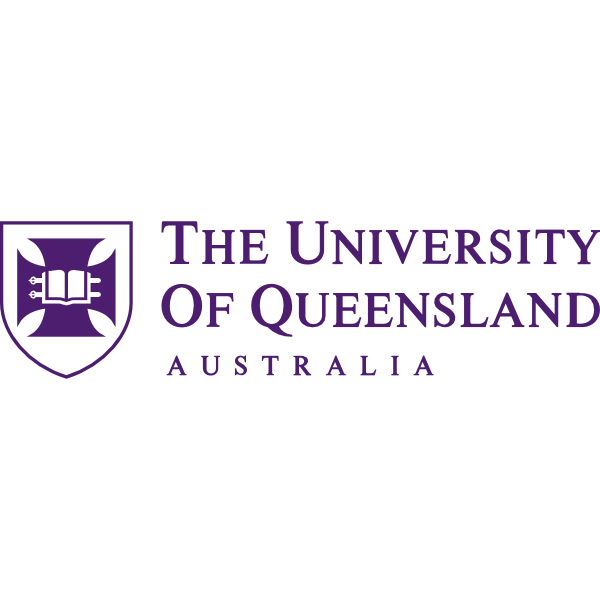
As an essential network officer, Josh has consistently demonstrated a commitment to collaboration and support among colleagues. Josh’s extensive corporate knowledge and networking skills make him indispensable. Regularly, he lends a hand to team members, ensuring they feel supported and valued. By fostering an inclusive environment, Josh encourages colleagues to share their insights and ideas, leading to a more cohesive and innovative team dynamic. His mentorship has promoted knowledge transfer and professional growth within the team, further solidifying his role as a crucial support system.

Chris Lawrence has led and supported his colleagues through many different ways, including providing guidance and mentorship, navigating challenges that arise with vulnerability management and cyber security. He is a professional staff member that leads by positive example through his strong work ethic and incredible knowledge base.

Sadaf has formed working groups to drive key projects to completion keeping to time critical events, for example student applications for a new college. These working groups achieved individual goals of setting up the systems for finance and academic data and collectively, the deadlines were met for the launch of new college. The smaller groups were supported by bringing in SME from the business and this allowed the new BA's to learn and apply their understanding of the systems. The groups felt engaged in preparing a suite of systems for the critical success of the overall new college. Any group member struggling with understanding the requirements was provided a buddy who had more experience, overall, the output increased.
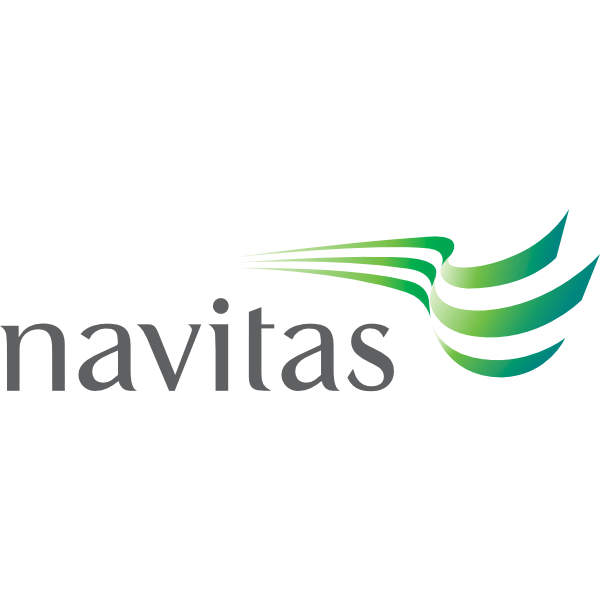
Ben Hansen joined CDU as a Business Analyst only a few years ago, and his leadership capabilities were quickly recognized, leading to his fast-track development nomination by the Acting CIO in March 2022. By early 2023, he was promoted to Acting Deputy Director - Capability and permanently appointed within a year. Upon assuming his responsibilities, Ben inherited a paralysed business system support team with no roadmap or effective plan. He immediately restructured the team, set clear expectations, and secured the necessary resources to re-establish business functions. Leading a team of over 40 direct reports, Ben collaborated with CDU stakeholders, including Teaching and Learning, People and Performance Management, and Research teams, to re-establish service delivery, identify key gaps, and propose new ICT budget initiatives. Within 90 days, he realigned internal and external resources and provided a multi-year forecast of required people, technology, and skills. Ben’s leadership and support have significantly improved staff and student satisfaction scores, demonstrating his ability to lead and support his team effectively.
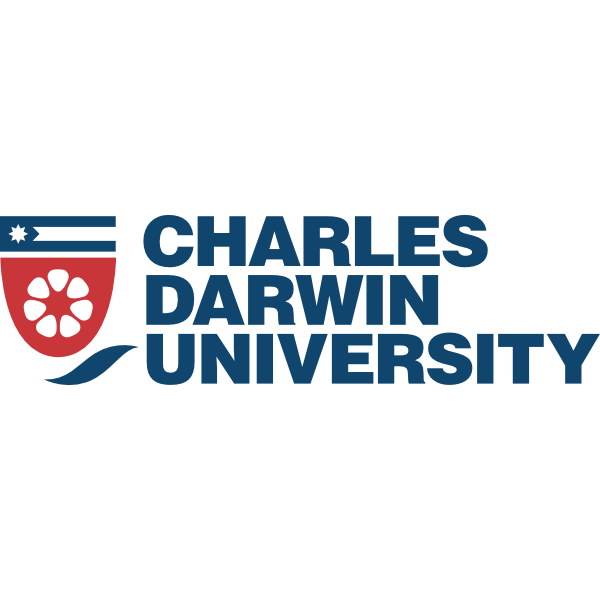
Alicia consistently lives the VU Values “Always WEST” by modelling the values in real life – Alicia is welcoming to new ideas and ways of working, is ethical in her interactions with people across the organisation, is always shaping the future by aspiring towards mutual goals and identifying those shared goals in the process, but also together. Alicia’s ethos is no one gets left behind. Alicia encourages and supports colleagues and team members, and when required will challenge a direction. She leads by example in speaking honestly, being direct, respectful and considerate of diverse opinions and perspectives, that she will take onboard and turn into meaningful outcomes that represents our collective voice towards change.

Excellence in Research Support
Bunya is UQ's next-generation heterogeneous supercomputer with a difference. This is advanced computing for everyone. Bunya is UQ’s effort to democratise supercomputing platforms such that any researcher, no matter their skillset, can make use of these powerful capabilities. Paying homage to the coniferous tree it is named after - Bunya is an “evergreen” supercomputer. It is deployed in phases and continually refreshed. This provides researchers with cutting edge technology every year, enhancing research competitiveness, mitigating investment risks, driving sustainable and responsible energy consumption and most importantly - democratising advanced infrastructure for researchers. Bunya eschews the traditional notions of supercomputing usability by offering sector leading usability and accessibility options unlike any seen before. Bunya is a true co-design and value-co-creation initiative, enabling researchers from UQ and other institutions in the sector to bring their code, workflows and deployments, giving them a sense of community, ownership, self-determinism and shared success.

To improve the security and governance of research data through a comprehensive review and definition of the touch points, workflows, and management of services used in research. This activity is primarily targeted at improving the experience of our researchers but requires critical engagement from departments and teams across the university.

The University of Tasmania (UTAS) set out to undertake a major upgrade of its research management software to a researcher-centric platform that would enable the UTAS Research Model of research excellence and impact, which underpins $200m in research funding and 3,000 research outputs per annum for a research community of >2,000 University staff and Higher Degree by Research candidates. Delivering the Research Management Platform (RMP) Project, which saw a team of 20 customise and implement three software products, while engaging the researcher and corporate services communities in the co-design, prototyping and testing cycles, achieved the objectives and benefits stated in the business case, but more importantly is changing the University’s employee engagement around workplace systems too.

Compound Management and Logististics is a key enabling technology for early-stage drug discovery projects. This project involved replacing a dated legacy implementation that could no longer meet the Compound Library requirements. Jan was responsible for the redevelopment and included several critical improvements. Key features of the platform delivered include; • PubChem / ECDB / ChemSpider / ChEMBL links • Search • Substructure • Superstructure • Similarity • Identifiers • Filtering by Chemical Properties • Visual editing of Structures • 2D/3D Visualisation of Structures The platform is accessible to all AAF users and can be accessed via https://smartcompounds.com.au
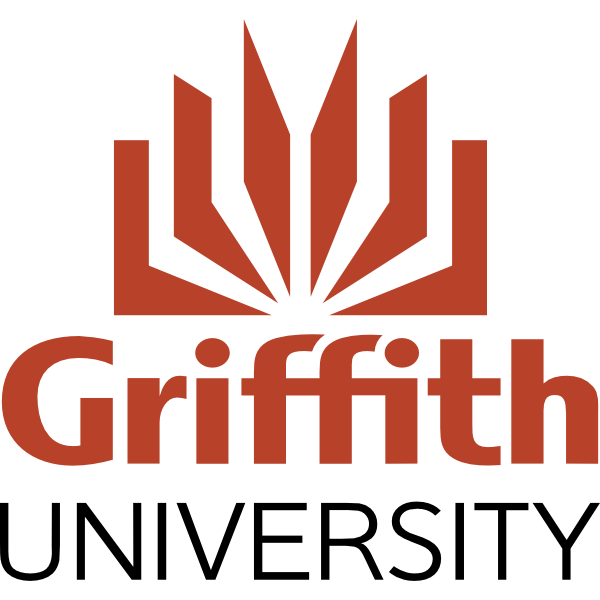
Our ITS team has collaborated with RMIT's RACE (RMIT AWS Cloud Supercomputing) to pioneer Australia's first dedicated commercial cloud supercomputing facility. Through partnerships with Amazon Web Services (AWS) and AARNet, we've combined industry-leading cloud capabilities with advanced fibre network technologies, providing unparalleled connectivity and cloud HPC processing power to our researchers, students, and industry partners. Launched in October 2022, our joint initiative quickly gained traction, onboarding nearly 600 researchers and PhD students in 18 months. Together, we're enabling research excellence by leveraging cutting-edge cloud technologies and serving as an incubator for new partnerships across industry, government, and academia. In 2023, we introduced the Service Workbench solution, transforming cloud capabilities into an accessible, self-service portal for our research community, allowing ideas and solutions to be tested up to 100 times faster than existing on-site servers.
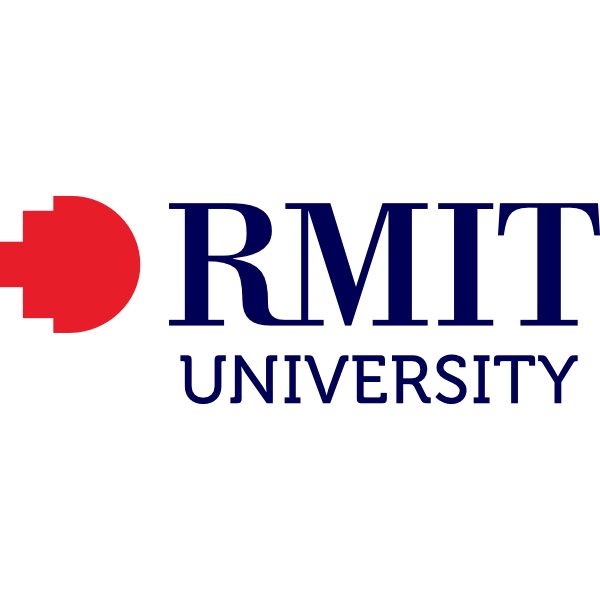
The team collaborated with the research community to create three technology solutions: Group Research Insights and Researcher Insights to report on KPIs, Future Fellow Benchmarking Tool to aid career growth, and Collaborator Finder to augment profile. These HCD-led solutions are seeing 1000 activities per month and are the top 3 used tools by researchers at UTS. They are easy to access portals where researchers are able to: 1. Track progress against KPIs, manage income, supervision and publication workloads, 2. Compare themselves against others who have successfully undertaken Future Fellowships, and 3. Easily find collaborators around the university to better attract funding, expand network, and maximise impact and publications.

Our initiative focused on developing a comprehensive training module and 'train the trainer' materials for reproducible research. This project, undertaken in partnership with the United Kingdom Reproducibility Network, aimed to enhance research integrity and practices across diverse scientific disciplines. The training module provided clear, practical guidance on implementing reproducible research methods, while the 'train the trainer' materials empowered trainers to effectively disseminate these principles within their institutions. The scope of the project was broad, targeting researchers at all career stages, from early-career scientists to established academics. By using an open access licence, we ensured that these valuable resources were freely available, promoting widespread adoption and fostering a culture of reproducibility. This initiative not only supported individual researchers but also strengthened the research community by encouraging transparency and rigour in scientific practices.

Enhancing the Student Experience
The Digital Skills Hub is an online resource designed to support University of Wollongong (UOW) students in exploring and developing their digital capabilities. It was created in 2022 in response to feedback from students who recognised the importance of digital skills for their university experience and future careers but needed more support in developing those skills throughout their degree programs. The Hub has been created using human-centred, digital-first principles and is designed around student needs, scalability and adaptability. Students can access the Hub directly from within their subject sites and resources are also discoverable through the university and library website search. The Hub consists of four primary pathways: • Self-Assessment (using the JISC Discovery Tool and resources) • Curated FAQs • Instructional Content (using LinkedIn Learning) • Understanding Digital Capabilities The Hub continues to evolve with the inclusion of focused guides on relevant topics such as Generative AI and Digital Skills for Careers.
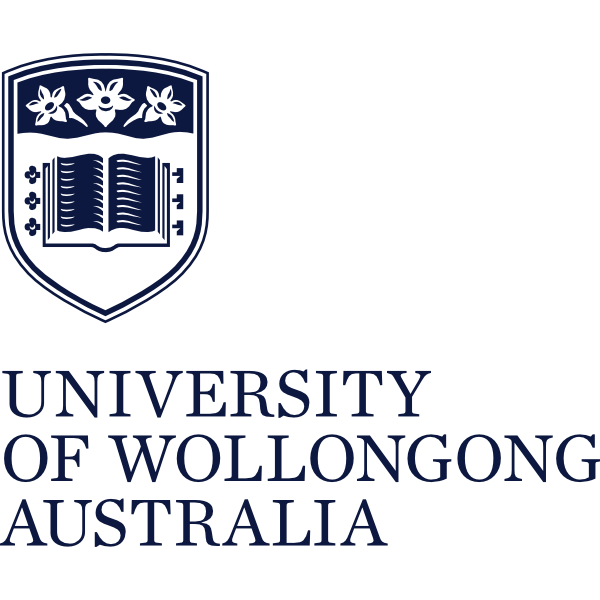
Deakin University Library recognised an opportunity to improve student experience by eliminating a pain-point that had emerged since COVID for commencing students in setting up and navigating various systems, platforms and technical requirements needed to begin their studies at the critical starting point in the student lifecycle. The library was already informally assisting students with these types of enquiries, but there was no framework or defined touchpoints for referral. Because of the library’s unique, non-disciplinary role within the University and its extensive span of opening hours, library staff were fielding many in-person IT and technology related student enquiries. Data showed that in the commencing weeks of trimester 35% of face-to-face library enquiries were technology related. By utilising and retraining existing casual Library Student Assistants (LSAs), Deakin Library aimed to resolve this service gap by creating a peer support model for a drop-in technical assistance triage service targeted at commencing students.

This multi-year project required consistent collaboration between the Information and Communications Technology and the Deputy Vice-Chancellor (Education) portfolios, alongside the Office of Student Life, to co-design features to support faculties, student clubs and students.

Murdoch’s IT Services Department worked with the School of IT to offer IT students a world first opportunity to work on a student-managed IT Helpdesk delivering a walk-in troubleshooting and assistance service to all students within the university. This provides practical experience running a customer facing service desk; exposes them to popular, industry recognised service management tools; and gives them an understanding of the Information Technology Infrastructure Library – a framework of good practices used globally to govern the delivery of IT services. These experiences enhance student employability and present a distinct advantage, when applying for introductory roles in the technology sector. This also gives Murdoch’s entire student cohort a free, in-depth IT support resource for personal devices, not previously offered. Existing IT support was limited to Murdoch developed applications and IT Services hardware. The student Helpdesk will offer help for Bring Your Own Device hardware and software and applications outside of the University’s service catalogue.
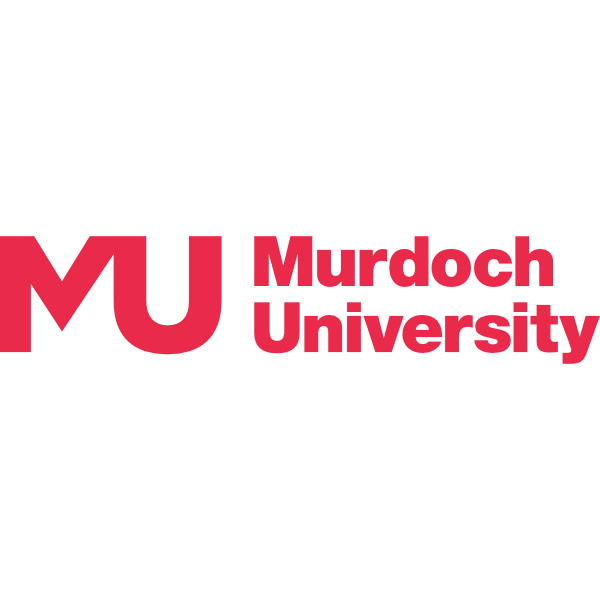
VU is committed to enhance the student experience by partnering with external organisations and industry partners to learn and gather practical insights. This collaboration involved various teams within ITS, partners, and contractors to meet increasing demand, emphasising the importance of establishing a sustainable operating model for the student ecosystem as the university plans for 2025 and beyond. The SCE enhancements in 2023 demonstrated a new way of working at VU, bringing together teams from various business areas like TAFE Business, Marketing, Student Administration, Research, and VUOnline to focus on and consistently improve the student experience.

The preferred names project has successfully ensured that all students can have their name reflect their authentic selves in UQ systems. This development has ensured that all students are able to confirm and use their preferred name, demonstrating UQs commitment to equity, diversity, and inclusion. This has dismantled traditional barriers to self-identification and cultivated a stronger sense of belonging for our community and celebration of individuals. Initially driven by the desire to support our gender diverse students, the take up by thousands more international and domestic students demonstrates the importance of self-identification for all students.

The Flinders City Campus Service Management project represents a pivotal institutional investment aimed at enhancing Flinders presence in the heart of Adelaide CBD. Establishment of Flinders city campus introduced a new technology-enabled tiered service model which was tailored to the unique spatial constraints of a vertical campus and extended operational hours for course delivery. This project being part of the larger Flinders City Campus Technology enablement program was focused at implementing an effective case management workflow for students and staff, a digital queueing system for all campus visitors and an intuitive digital interface accessible from web, mobile and self-serve digital kiosks across campus building. By establishing dedicated service queues integrated with the CRM system and utilizing advanced analytics, the project aimed
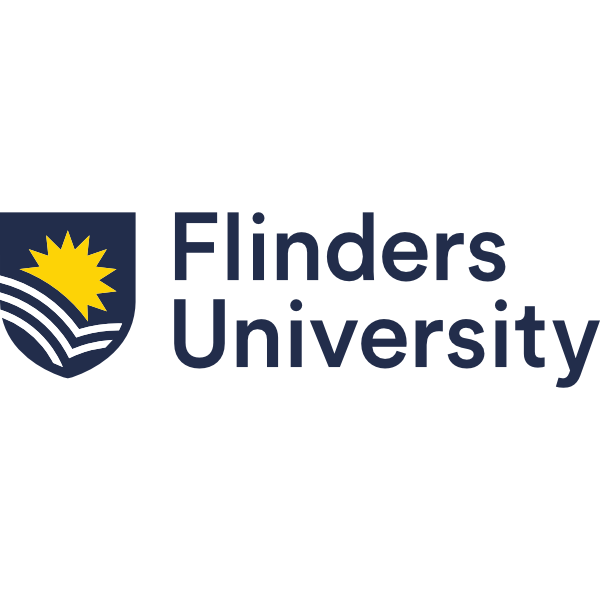
The UWA Lab Compute Modernisation project sought to transform the physical UWA Student Computer Lab environment from approximately 1800 computers in over 50 campus spaces, and over 300 coursework applications, to a BYOD focused virtual platform. More than just your traditional VDI rollout, the project leveraged software by AppsAnywhere and Numecent Cloudpaging technology to intelligently launch software in an optimal manner, regardless of location or device, providing increased flexibility for learning and teaching. In conjunction with the virtual environment the project also delivered student laptop programmes for short and mid-term loan devices, provisions for students in financial hardship and increased flexibility to staff and students to learn and teach from any location.
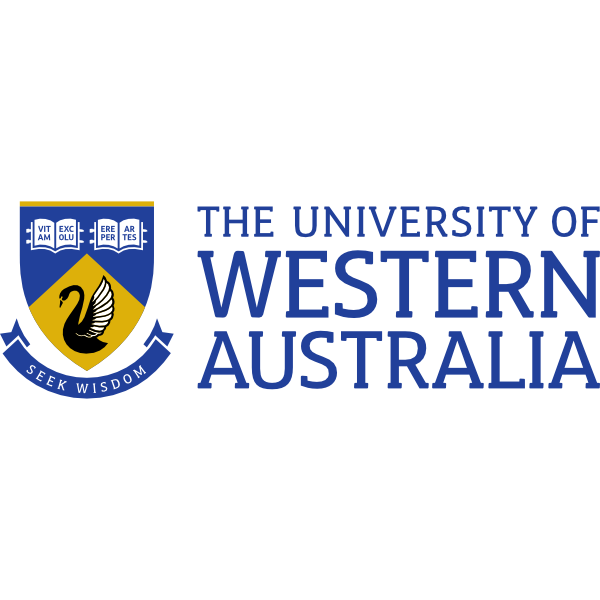
In late 2023, we provided Monash University students with an innovative way to plan their course and re-enrol for 2024. Transforming the enrolment experience, we developed an AI-powered, fully interactive course planning tool, resulting in a one-click enrolment, in the right course of study. From within one system and without the need to reference materials from across multiple websites, students can re-enrol using real-time, personalised enrolment and course planning advice based on their academic record, career aspirations, and personal interests. Features include access to current course progression, select majors and minors, and the ability to easily move units within and between course options being considered. Previously, enrolment (and re-enrolment) was a lengthy process, involving paper-based course plans and online handbooks, leading to a number of phone call enquiries. This created uncertainty about what units students could take, and whether the units selected would allow them to graduate.

A sophisticated automation initiative which significantly transforms and provides a paradigm shift to the student experience by anticipating their needs and providing appropriate documentation at the right time. Pre-filled public transport concession forms are automatically sent to domestic students as soon as they become eligible; eliminating the need for students to wait in long queues, and ensures students are able to access discounted public transport immediately. Additionally, international students are automatically sent a letter at key times throughout the year, providing details of their enrolment and university holiday dates; this document provides proof of enrolment to fulfill visa conditions, and also provides evidence to employers allowing students to work longer hours outside of teaching periods. These automations together account for documents sent to around 55,000 students, returning more than 4,000 hours to student support service areas in the first half of 2024.

QUT is proudly a university of technology and lives its “real world” brand. To ensure digital natives have options for interacting with the University, QUT has introduced a 'Digital ID.' This represents a strategic shift towards a more sustainable, efficient, and inclusive environment, offering new ways for staff and students to access and interact with services including printers, building access, public transport, use in exams, and more! To deliver the capability we: • Established a digital foundation embedded into the QUT App. • Reduced risk, replacing legacy systems. • Reduced frontline (HiQ) workload and improved service experience, automating Identity Document Verification and Microsoft PowerApp workflows. • Enhanced student experience with efficient, faster processes based on human-centered design. • Supported equitable access for rural/regional, and international students by moving to digital IDs. • Reduced costs and waste from producing plastic cards. This digital-first approach aligns with global education sector trends, benefiting institutions for future growth and adaptability.

Operational Excellence
Data@UniSQ has been established to simplify access to accurate information for all staff at UniSQ. We generate vast amounts of data, ranging from student grades, course enrolments, and learning analytics to research outputs and operational statistics. We have a wealth of information at our fingertips but if staff don’t know how to use and access that data, then we are missing a very valuable opportunity. Data@UniSQ’s was created to empower staff by providing easy access to existing reports, upskilling staff in data, formalising data governance and solidifying the management of data quality via minimum standards and the introduction of new data roles. All these elements come together to support UniSQ staff in making data-driven decisions, which will result in more informed choices, enhanced efficiencies and improved outcomes.
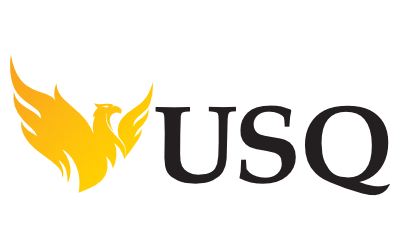
A transformative project for Western’s Infrastructure, a foundation step to a more agile responsive workplace. Reducing time to market for solutions needing infrastructure and in support of Western’s “cloud-first” strategy, Western Sydney University kicked off the project to migrate from our Managed Private Hosting Provider to Azure Public cloud. This involved Platform Architecture, build, platform implementation, and the migration of some 300 workloads. The project involved 2 new Managed Service Providers and 6 IT different teams across the organisation, and dozens of business stakeholders. This was not just a technical solution but involved an uplift of skills and the creation of new capabilities within the organisation. A key project challenge was a very short timeline, originally scheduled for 8 months, the project had less than 3 months to build and migrate the workloads, as well as manage all technical documentation, knowledge creation, vendor onboarding, process and practise change.
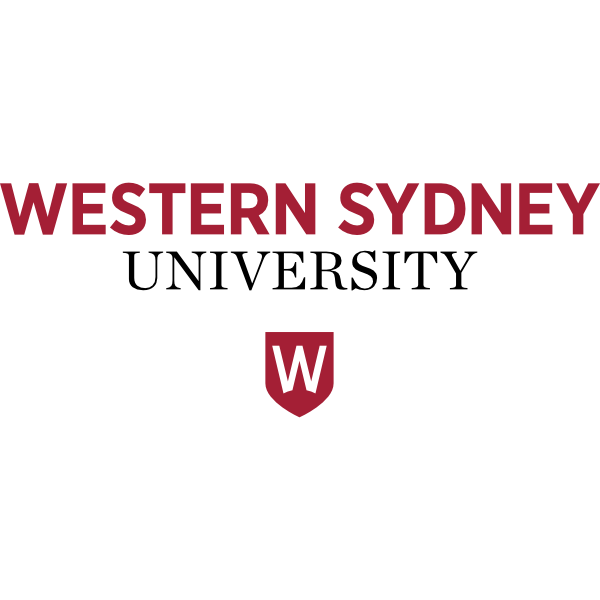
The primary purpose of this program was to support IT staff. By providing automated records, IT staff no longer need to create or maintain manual records. Automated data goes beyond what was captured previously and now includes comprehensive dependency maps for critical application services delivered to the University. Additionally, these extensive service maps improve data quality for Cyber Security and Strategy and Architecture teams, who often rely on accurate technical data to make informed decisions. Service Mapping has been a crucial part of this program as historically UWA has not kept consistent system architecture and application data. Our new system allows this to be generated automatically with an ability to track and monitor changes carried out against those applications. Ultimately, this means that staff members across IT can do their jobs more efficiently, including IT Cyber Security, IT Strategy and Architecture, IT Portfolio Management and IT Infrastructure and Platforms.

Project Halo was a three year (2021-2023) program of work designed to deliver upon the cyber security strategy of bringing Monash University within its cyber security risk appetite. The scope included 73 uplift projects in accordance with 6 guiding principles and in alignment with the 5 functions of the NIST CSF. Two notable features were the breadth of the work and the amount of organisational change the program introduced. The projects stretched across many cyber security domains, technologies, processes and departments, and each project had a strong drive to deliver change. The combination of these two features resulted in an ambitious program of work that required constant agility and innovation to deliver. The program delivered the goals of the strategy, exceeded the NIST CSF maturity targets and came in 0.3% under budget.

As a dedicated AI agent, the PCO Agent has simplified the management of common HR enquiries at Murdoch University (MU). This initiative has been crucial in changing the way the MU’s People and Culture Office delivers its service, providing prompt, precise answers to regular staff queries. The initiative currently extends to MU’s People and Culture Office with the goal to provide access to all MU staff. It offers a dependable source of HR-related information and reducing the processing time from submitted enquiries and responding to the enquiry.

The Admissions Review fusion team was initiated to identify opportunities to rapidly optimise the application and admission assessment processes at the University, in order to maximise conversion of applicants to accepted offers. The key drivers for the project were twofold. Firstly, the significant volume of applications in the Admissions backlog (over 4,400, of which 88% were international). And secondly, application processing times (an average of 40 days for initial assessment), resulting in delays in communicating back to applicants regarding actions required to allow full assessment. Included in the applications backlog was a range of ineligible and/or incomplete applications. A key area of focus was the fact that Admissions Officers had to manually open and review every application to determine next steps to allow full assessment. The project team was made up of several Fusion teams, including the Student Systems, CRM, Integration and Analytics teams, working in close collaboration with the Product Owner from the Admissions Team. These team adopted an agile approach to delivery, implementing a series of enhancements and innovative solutions delivered iteratively over multiple two-week sprints, with an objective of delivering maximum value in the shortest possible timeframe.

The Policy Navigator project involved close collaboration across various departments across the University, including ICT and the Office of the General Counsel (OGC), through a framework that enabled team members to share expertise and resources, enhancing the overall development process and ensuring alignment of goals and seamless integration of technical, legal and research perspectives. Engaging with policy owners was especially important as the University has 300+ policies that are managed by 40+ different areas. The framework developed established a modular, repeatable and seamless architecture for large-scale Retrieval-Augmented Generation (RAG) Generative AI projects.

A cross-functional team delivered the SEAMS Replacement initiative, comprised of delivery/technology specialists blended with embedded team members who have a deep subject matter expertise and will be involved in ongoing support and future development of the solution. This led to a seamless transition to a user-friendly interface with intuitive features to improve administrative efficiency in managing teaching and learning Canvas websites – including new dashboards, improved filtering, and simplified messaging.

TheDe-Risking Local Administrator Rights projectwas established to reduce our cyber threat surface area by effectively controlling the local administrator rights footprint on University-managed devices.Approximately 3,500 staff had local administrator rights on their devices at the start of the project. Of these,we successfully restrictedlocal administrator rights on approx. 3,200 devices and identified approx. 300 approved administrator rights exception requests, representing a 91% reduction in the administrator rights cyber threat surface across University-managed devices. A new engagement model was developed to support this project. Prior to the project rollout, a pilot area tested a proposed technical solution, enhancing the implementation and communication required for a successful deployment. Feedback from Heads of School/Branch shaped the implementation strategy, ensuring alignment with our University community, and activating strong leadership advocacy for this change. Following the pilot, a phased roll-out approach, with bespoke IT support, was implemented across University areas.

Launched in September 2023, the Chosen Name initiative enables VU staff and students to easily update their personal details, including Chosen name, pronouns, and gender identity. This is reflected across university information systems. The initiative has gone live with over 4708 students and 147 staff using the new capability. By updating software systems to accommodate chosen details, VU has created a more welcoming environment where staff and students feel safe and respected. This initiative has garnered attention and inspired other institutions, such as the University of Tasmania and Flinders University, to seek guidance from Victoria University's experience, further amplifying the impact of their work. Additionally, the Chosen Name initiative promotes equity by catering to the diverse needs of trans and gender-diverse individuals, culturally or linguistically diverse backgrounds, and those seeking safety, privacy, or professional recognition through name changes.

The SAMS UP program at RMIT University was a significant ERP initiative aimed at implementing PeopleSoft Campus Solutions (SAMS) across RMIT Vietnam campuses. The scope included the complete decommissioning of the legacy Student System (SRS) and the deployment of a unified student administration and management system. Targeting students, colleges, and administrative staff, the program aimed to enhance the student experience and operational efficiency. Key outcomes achieved include the development of future state business processes and the successful execution of fit-gap workshops to establish a baseline scope defined in the Requirements Traceability Matrix (RTM). Ongoing collaboration with both Vietnam and Australia stakeholders allowed the program team to streamline administrative processes, improve data accuracy, and deliver an integrated, reliable end-to-end solution. The program utilized the vanilla GUI Fluid interface, providing students with a comprehensive platform to manage their academic journey. By facilitating real-time access to student information, the program enabled better decision-making and support for students and staff. Completed on time and under budget, the SAMS UP program exemplified strategic leadership and effective cross-border collaboration, delivering significant value to RMIT University.

The project team for their seamless transition to Microsoft Teams Telephony from Cisco IP Telephony, showcasing CSIRO's leadership in technology among Australian Federal Government agencies. Starting from a pilot with 50 users, the team successfully migrated over 7600 users in FY23. Their commitment to maximizing public funds, innovative thinking, and collaboration with Microsoft was evident from the initial discovery call in September 2022. By February 2023, the team had established a secure connection between CSIRO’s Cisco infrastructure and the Microsoft Teams cloud, ensuring seamless voice communication. They resolved technical issues and implemented a streamlined deployment approach, minimizing disruption. The team’s tailor-made portal enabled employees to self-migrate, with automation optimizing resources and enhancing user experience. Their strong focus on adoption and change management, including comprehensive training and support, resulted in 99% of staff successfully migrating by June 2023. Microsoft commends CSIRO’s innovative and people-centric approach, setting a commendable example for other government departments.
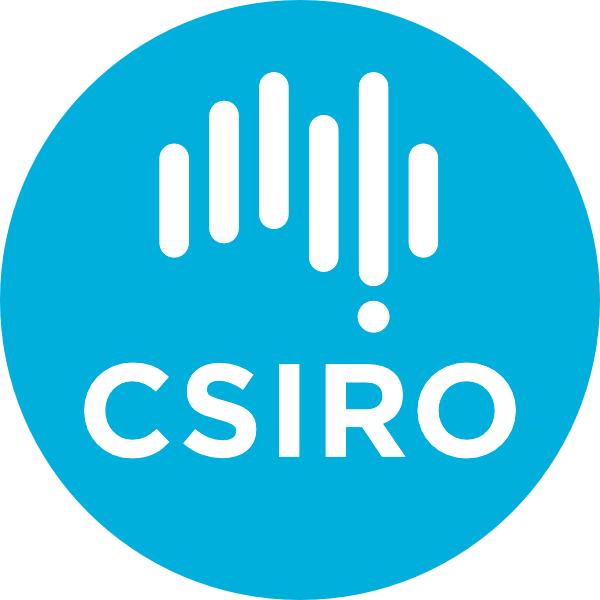
RiskWare 3 offers intuitive navigation and a user-friendly interface, addressing user needs and supporting system scalability. The collaborative development approach improved the user experience, streamlined incident reporting, and optimised data recording, helping leaders make informed decisions and promoting positive health, safety, and well-being outcomes for staff and students.

The University of Newcastle (the University) faced challenges with multiple contact centre solutions used across departments - with limited functionality, poor user experience, outdated technology, lack of ability to transfer calls between departments and increasing costs. The transition to activity-based working highlighted the need for a solution that integrates with collaboration platforms and can be easily configured. To address these issues, the University implemented a modern, enterprise-level contact centre management solution. Zoom Contact Center (ZCC) allows customers to engage with services using their preferred channel, in a familiar platform having moved to Zoom Telephony & Videoconferencing in recent years. “Through the University’s Digital Excellence Strategy, we needed to make it easier for staff to work, collaborate and connect through linked data and systems. This upgrade demonstrates the University’s commitment to providing a seamless and efficient digital experience and a significant reduction in technical debt” Anthony Molinia, Chief Digital & Information Officer.
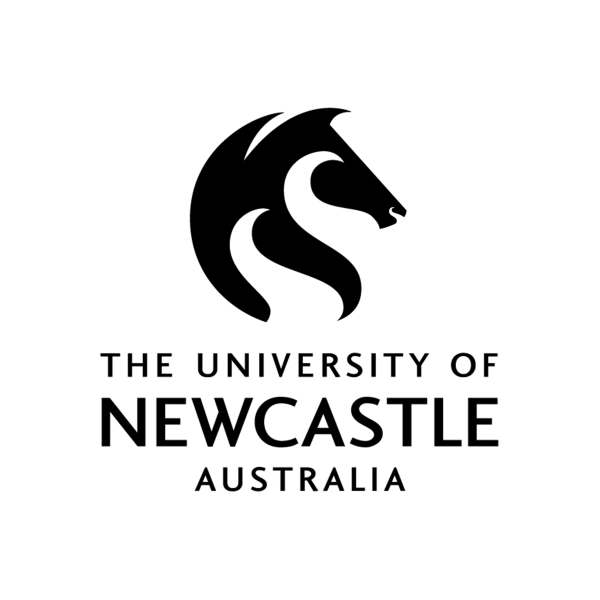
Andrew is the product manager of Infrastructure as a Service (IaaS) where infrastructure services are deemed to be ‘less sexy’, traditional and legacy in the new world of AI, cloud, data science, cyber intelligence, quantum computing etc. However, in Andrew’s day to day work, the outcomes mentioned above are delivered with the support of Andrew and his team. For instance, the Cloud and Virtualisation team is supporting the School of ICT in delivering cyber security course.

A Robotic Process Automation (RPA) solution was implemented for the international admissions team to streamline document handling and data cleaning tasks associated with assessing international student applications. The solution has been seamlessly integrated into the international applications portal, StudyLink, providing a unified and streamlined experience for assessors. The solution leverages Microsoft’s Azure Open AI to analyse and categorise uploaded documents such as passport scans and transcripts. It automates the separation and validation of documents, ensuring completeness and compliance with relevant requirements like visa statuses. This automation has significantly reduced processing time by more than 40 minutes per application. By eliminating manual document management, the admissions team can now dedicate more time to evaluating application quality rather than administrative tasks. This enhancement not only streamlines the application review process for students but also enhances operational efficiency within the admissions team, enabling them to dedicate time on more strategic pieces of work that will improve the experience for our prospective students.


Connect with CAUDIT
CAUDIT acknowledges the Traditional Owners of the lands where we live, learn and work. We pay our respects to Elders past and present and celebrate the stories, culture and traditions of all First Nations people.
